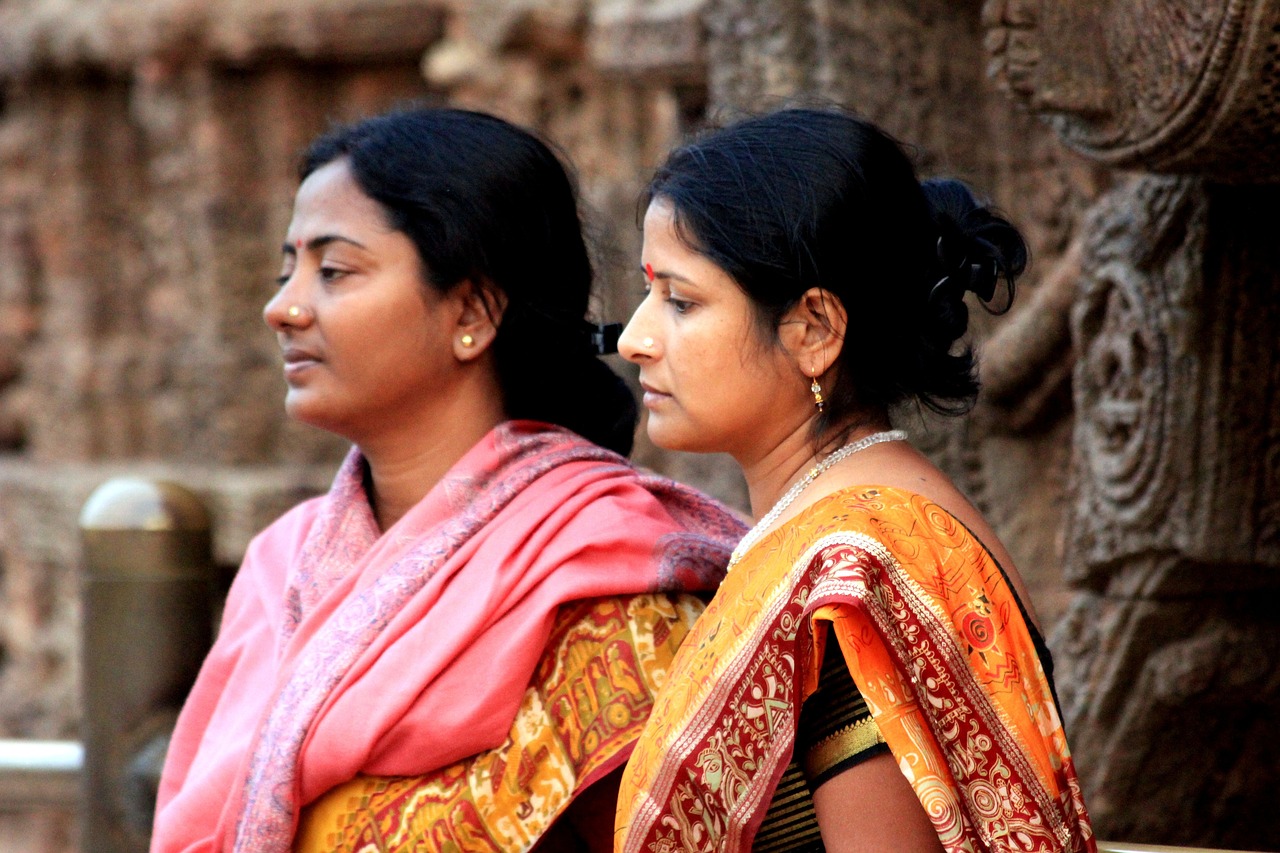The Role of Election Monitors in Ensuring a Fair Vote
Election monitors are individuals or groups tasked with observing and overseeing the electoral process to ensure its fairness and transparency. They play a crucial role in upholding the integrity of elections by identifying and reporting any irregularities or violations that may occur during the voting process. These monitors act as independent watchdogs, promoting accountability and trust in the electoral system.
Typically, election monitors are assigned by international organizations, governments, or non-governmental organizations to monitor elections in various countries around the world. They are trained to observe polling stations, voter registration procedures, vote counting, and any other aspects of the electoral process that could impact the overall legitimacy of the election. By providing unbiased assessments and recommendations, election monitors help to safeguard the democratic principles of free and fair elections.
Importance of Election Monitoring
Election monitoring is a crucial aspect of ensuring the integrity and fairness of electoral processes. By having independent organizations or individuals observe elections, it helps to identify any irregularities or fraudulent activities that could affect the outcome of the vote. This transparency not only increases public trust in the electoral process but also holds governments and officials accountable for conducting free and fair elections.
Moreover, election monitoring plays a key role in promoting democracy by safeguarding the rights of citizens to participate in a democratic society. It helps to uphold the principles of democracy, such as the right to vote and the right to have that vote counted accurately. Through monitoring, any violations of these fundamental rights can be identified and addressed, ultimately contributing to the overall stability and legitimacy of a country’s democratic system.
What are Election Monitors?
Election monitors are individuals or organizations that observe and assess the electoral process to ensure that it is free, fair, and transparent. They usually operate independently from the government and political parties.
Why is election monitoring important?
Election monitoring is important because it helps to prevent fraud, intimidation, and other irregularities that could undermine the integrity of the electoral process. It also helps to build public confidence in the electoral system and ensure that elections are conducted in a democratic and transparent manner.
How do election monitors carry out their work?
Election monitors typically observe polling stations, interview election officials and voters, review electoral laws and regulations, and analyze election results. They may also provide recommendations for improving the electoral process based on their observations.
Who can become an election monitor?
Anyone can become an election monitor, regardless of their background or expertise. However, most election monitoring organizations require volunteers to undergo training on election monitoring principles and practices before they can participate in observation missions.
Are election monitors allowed to intervene in the electoral process?
No, election monitors are not allowed to intervene in the electoral process. Their role is strictly observational, and they are there to report on any irregularities or violations of electoral laws and regulations. Election monitors do not have the authority to change or influence the outcome of an election.





